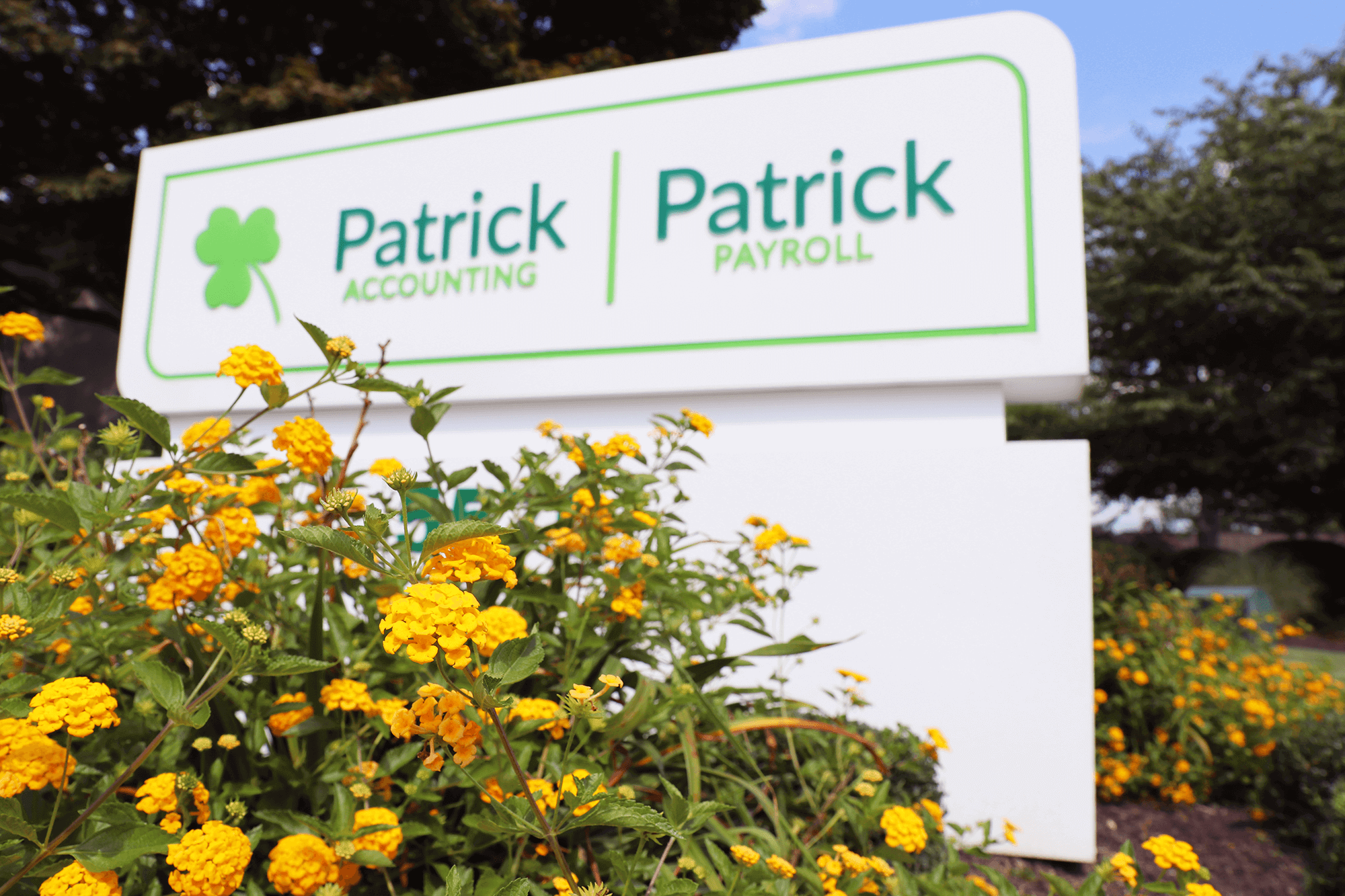Search for topics or resources
Enter your search below and hit enter or click the search icon.


Tucker Stock, Staff Accountant
1. It’s always a good idea to have at least two bank accounts, one for payroll and one main operating account. Restaurants may also benefit from a petty cash account to keep expenses separate.
2. Trust your accountant; we’re here to help you, not make your life harder.
3. I always appreciate help with coding. Sometimes we’re just using educated guesses for where things go; if you see something out of place, tell us. It’ll make your financials more accurate and save us time on Google.
 <
<
Shane Diamant, CPA, Chief Advisory Officer
1. When is the last time you’ve run a web search for your business? If customers can’t find you, they can’t buy from you.
2. For most businesses, monitoring and managing your accounts receivable is one of the most important functions in your business.
3. If you are new to really managing your business, start with 3 important financial metrics and review them every month.

Georgia Bell, Senior Accountant
1. Outsource payroll.
2. Keep your software up to date.
3. If you use outside accounting services – look at the reports they send you, know where you stand, and be sure the coding is correct.

Jennifer Gann, EA, Manager

Debbie Warren, EA, Senior Accountant
1) Pick two days a month to pay bills and stick to it. This prevents you from spending a lot of time picking up and putting down stuff.
2) Don’t underestimate what your accounting team does for your business! There are many things done and/or checked behind the scenes that you may not be aware of. These things help your business run smoothly.
3) If you use a credit card, have one that you ONLY use for business expenses. It is much easier to track – and your accountant will thank you!

Conner Graves, Staff Accountant
1. Get QBO access to easily track your money and transactions.
2. If you are making sales, understand that you will have to pay sales tax.
3. Make sure you reward your employees appropriately.
Topics: